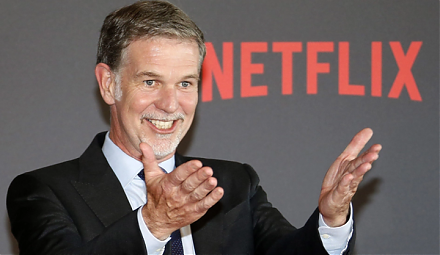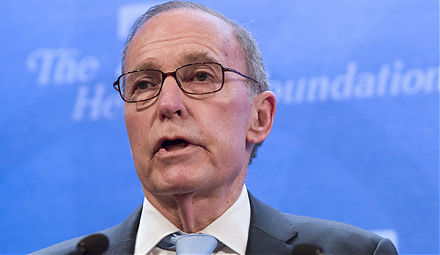

2018-07-17 08:35:00 Tue ET
stock market competition macrofinance stock return s&p 500 financial crisis financial deregulation bank oligarchy systemic risk asset market stabilization asset price fluctuations regulation capital financial stability dodd-frank
Henry Paulson and Timothy Geithner (former Treasury heads) and Ben Bernanke (former Fed chairman) warn that people seem to have forgotten the lessons of the global financial crisis from 2008 to 2009. As Paulson, Geithner, and Bernanke note, the sharp surge in U.S. budget debt and deficit, financial deregulation, and political dysfunction, may combine to endanger the economy. Most Americans face a more stable financial system today as the defenses are better, whereas, U.S. regulators now have a weaker set of tools for coping with a severe financial downturn.
These former top-notch economic heads voice their deep concerns about the next economic recession. Recent stock market gyrations exhibit much larger volatility in response to Trump tariffs and tax cuts. Also, bond market analysts express their worries and concerns about potential yield curve inversion that might signal the dawn of the next economic downturn. As U.S. government bond issuance cannot fund incessant budget deficits, the budget deficits may reflect the need for greater seigniorage or inflation taxation. An increase in money supply growth can induce inflationary momentum with higher consumer prices and wages.
As the Federal Reserve continues the current interest rate hike in the foreseeable future, greater greenback strength may dampen U.S. exports. As a consequence, this economic policy uncertainty may pose a conceptual challenge to many stock market investors, bond analysts, and currency traders.
In light of the recent economic developments, it would be better for long-term value investors to put their capital in profitable small-to-mid-size bluechip cash cows with low capital investment and asset growth.
If any of our AYA Analytica financial health memos (FHM), blog posts, ebooks, newsletters, and notifications etc, or any other form of online content curation, involves potential copyright concerns, please feel free to contact us at service@ayafintech.network so that we can remove relevant content in response to any such request within a reasonable time frame.
2025-10-04 13:37:00 Saturday ET

Stock Synopsis: With a new Python program, we use, adapt, apply, and leverage each of the mainstream Gemini Gen AI models to conduct this comprehensive fund
2019-01-25 13:34:00 Friday ET

Netflix raises its prices by 13% to 18% for U.S. subscribers. The immediate stock market price soars 6.5% as a result of this upward price adjustment. The b
2019-03-07 12:39:00 Thursday ET

A physicist derives a mathematical formula that success equates the product of both personal quality and the potential value of a random idea. As a Northeas
2023-11-28 11:35:00 Tuesday ET

David Colander and Craig Freedman argue that economics went wrong when there was no neoclassical firewall between economic theories and policy reforms. D
2017-04-13 10:42:00 Thursday ET

President Donald Trump unveils the dramatic *tax overhaul proposal*. Through this tax plan, Trump replaces the current 7 income tax brackets with 3 leane
2018-08-13 12:39:00 Monday ET

White House chief economic adviser Larry Kudlow points out that the recent U.S. dollar strength shows a clear sign of investor confidence and optimism. Gree